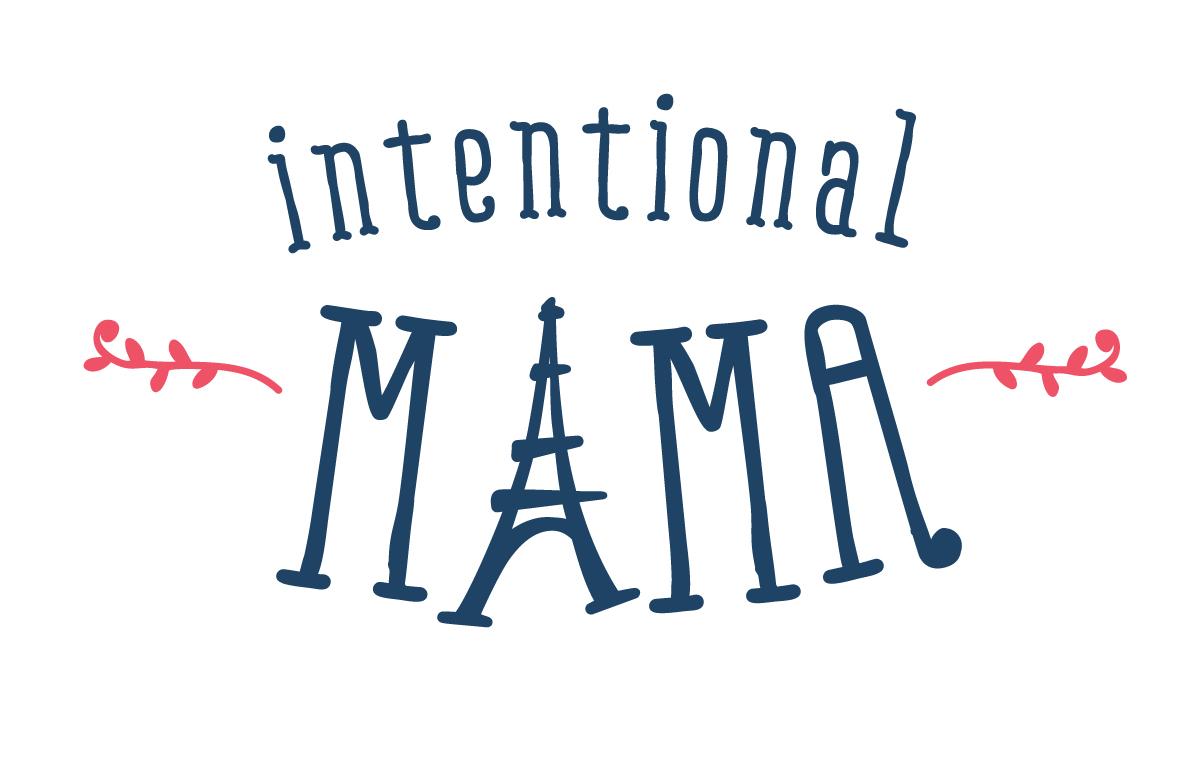Raising Bilingual Children: Realities and Responses
This last weekend I was able to attend a seminar at the Alliance Francaise de Portland entitled Bilingualism for Children: Benefits and Expectations. Jane Fabulet-Roberts, head of the Alliance's Children's Program, spoke from her experience both as a bilingual educator and as a parent. I found the seminar very encouraging. Here are five points from the seminar that I found the most informative:
1. No bilingual person has perfect (or equal) knowledge of both languages. Every bilingual has a dominant language, and nearly all bilinguals have an accent in one of their languages. As a non-native French speaker, I appreciate this reminder that we all have weak areas of language knowledge but these weaknesses do not automatically prevent us from raising bilingual children.
2. Children are not necessarily better at learning languages than adults, so have realistic expectations. (Adults have a better grasp of grammar concepts and memorization strategies than children, for example.) Language learning is an active process relying on human interaction. All language learners need time to listen and comprehend before they can respond through speech. Mistakes are a normal part of this process.
3. When considering raising your children bilingual, take your spouse's language knowledge into account. If he does not speak the language you would like to use, is he okay with not understanding conversations between you and your child? (Keep in mind, though, that he or she will learn some of the language along with your child through the increased language exposure.)
4. Young children don't really understand the idea of practicing a language; instead, they need realistic and joyful opportunities to interact with language users. To promote language learning, focus on providing an environment rich in practical and meaningful relationships with those using the target language. Family, friends, babysitters, playgroups, travelling--all of these can offer fun opportunities for language interaction.
5. A child's feelings about the language will change over time. Many children go through periods of resistance to the minority language. They may decide they don't like it and/or don't want to be different from their peers in using it. This is normal. Respond with gentle encouragement and continue to make the learning process as enjoyable as possible.
What a gift it is to offer your child another language!


